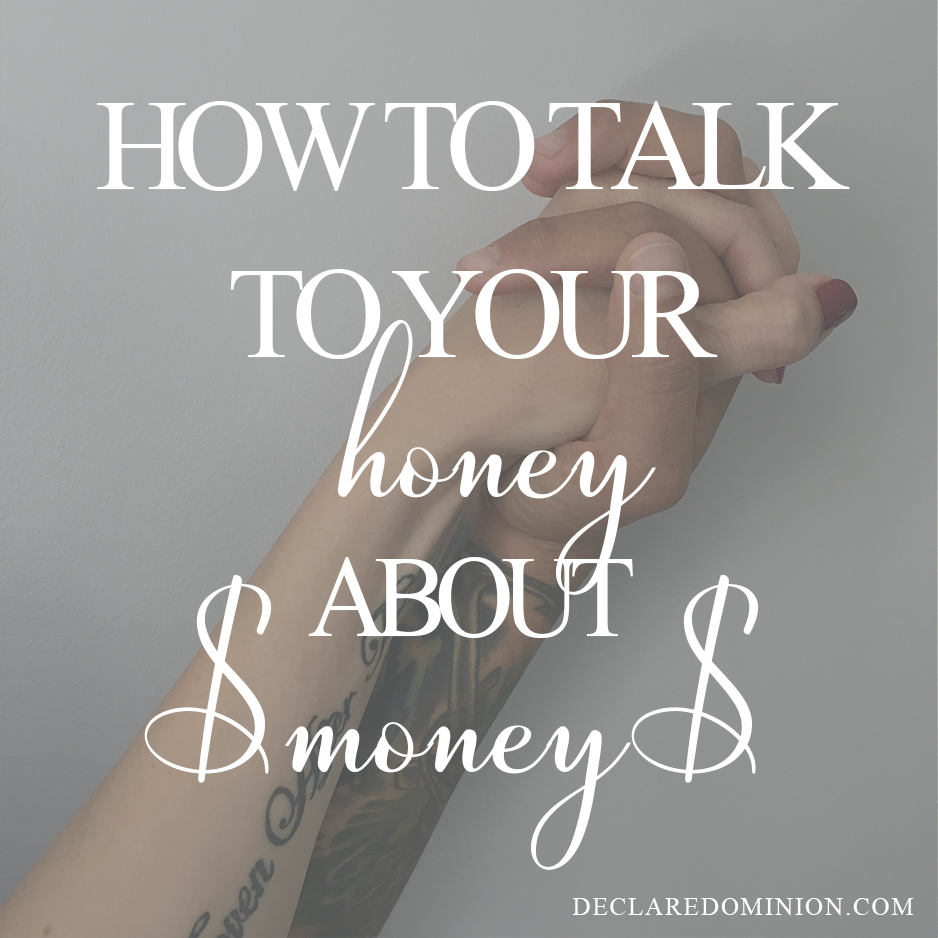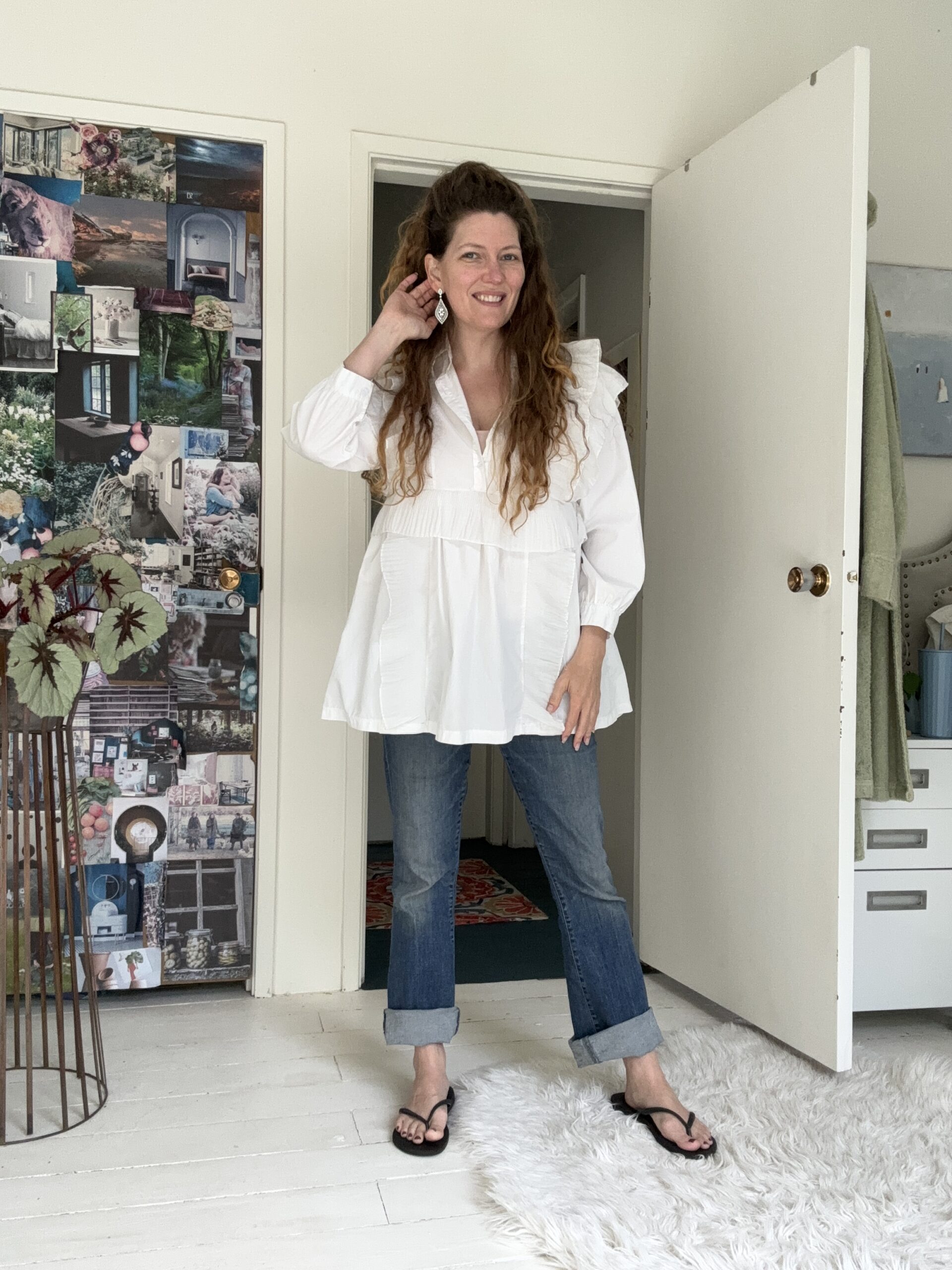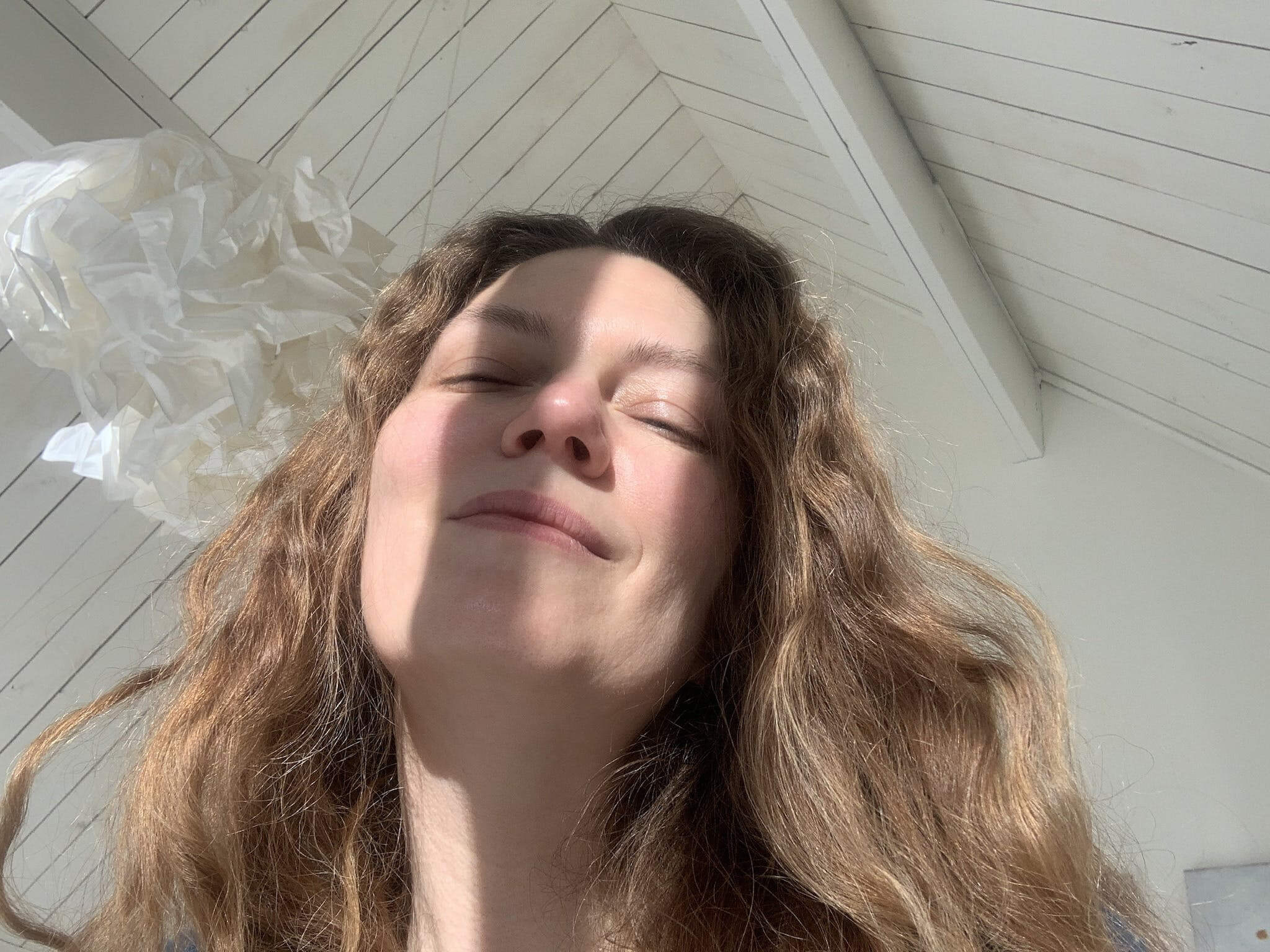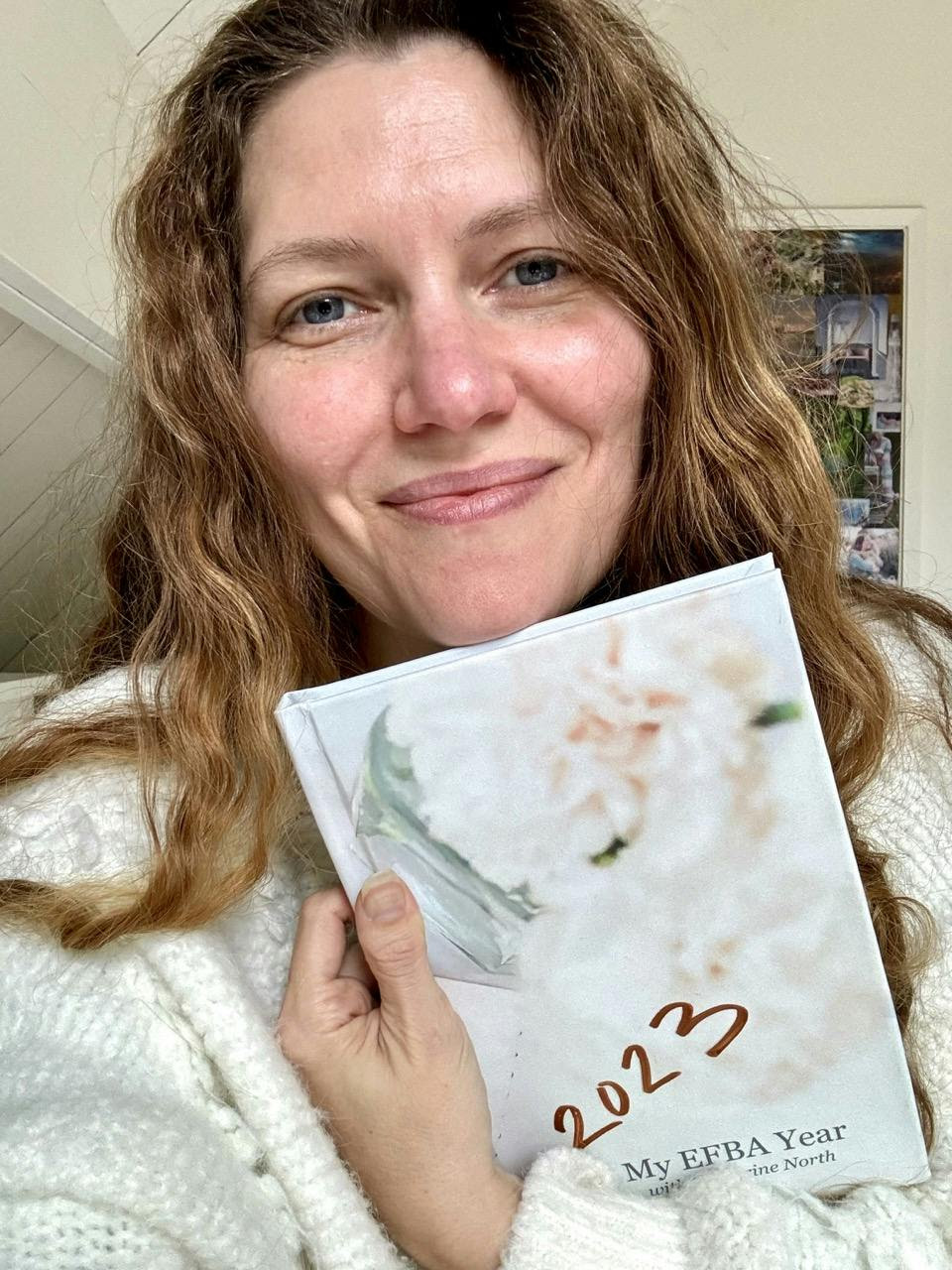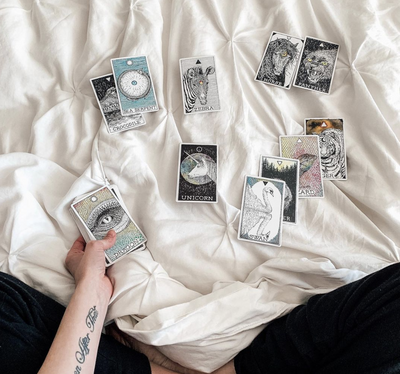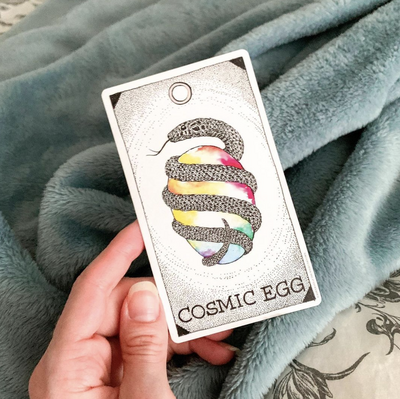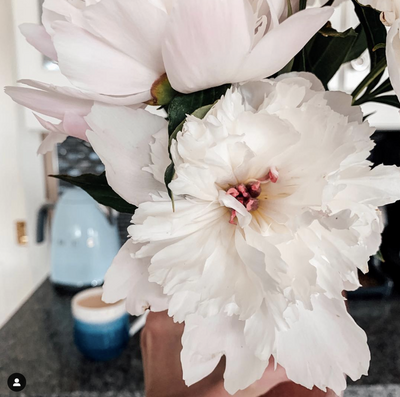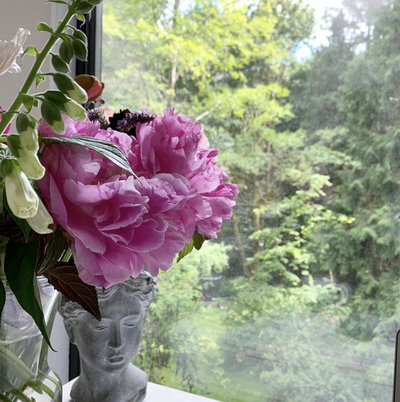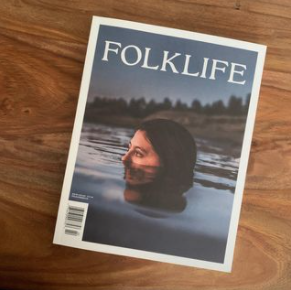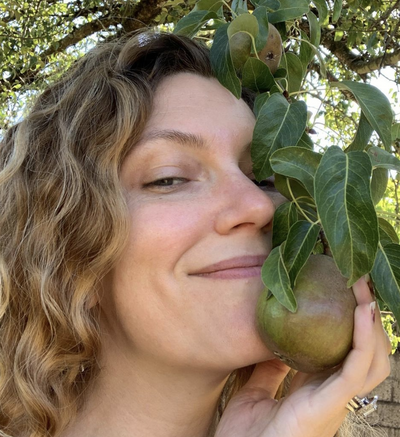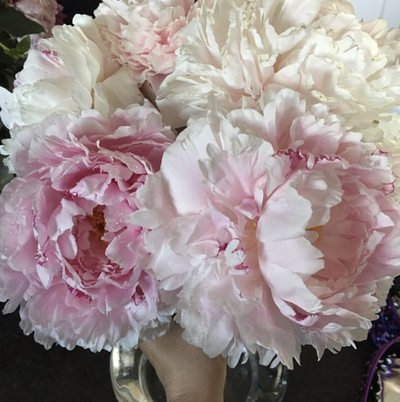We were newly besotted. Romance was thick in the air. And I whispered those words that all lovers want to hear…
“Hey honey, want to set up a joint budget?”
“Oh yeah baby” my love did NOT respond.
He wasn’t quite as enamored with the whole idea of budgeting as I was. But I had told him early on in our relationship that it was really important to me that when we merged our finances, we kept track of it all using the budgeting software I’d fallen in love with a few years ago.*
Money can be so scary. So personal, so private. Even in intimate relationships, it can be one of the most secretive places.
Nothing like merging finances with your new spouse to shine a light on all those hidden places!
It was funny, the things that we were both shy about.
I was embarrassed for Nick to see how much my new underwear had cost.
Nick was nervous about tracking cash in our budget, not just bank and credit card transactions— because where would we (i.e.: HE) hide those little splurges we didn’t want each other to see?
In some ways, opening up our finances to each other was one of the most intimate, vulnerable, scary things we’ve ever done together.
There’s a lot of cultural conditioning that tells us that it’s crass or embarrassing to talk about money. But I personally think that when we hide things away, they tend to get twisted and sick. A good dose of sunshine is a good cure for most of the things we’re most embarrassed about.
Let’s bring it all out into the light!
So today I want to share the number #1 tool that’s helped Nick and I have open conversations about money. (In fact, it’s the #1 tool we use to talk about EVERYthing.)
We learned it from our amazing therapist, who wants to be anonymous and won’t let me give her any of the credit. (But if you’re looking for an amazing couple’s therapist who will work with you by Skype, email me and I’ll send you her way.)
Here’s how it works.
When you’re discussing something, you tell the other person how much the topic matters to you on a scale of 0 to 10.
If it’s a 1, that means you really couldn’t care less and will only pick a side if you have to.
If it’s a 5, you definitely have an opinion but there’s still plenty of wiggle room.
If it’s an 8, it REALLY MATTERS A LOT.
If it’s a 10, it’s a deal breaker. Non-negotiable.
It might sound simple, but it’s simple like a lever is simple. It can shift MOUNTAINS.
What we realized is that often we’d get caught up in an argument over something that was only a 2 or 3 for one or both of us. Which kind of tupperware is better? Where should we keep the vacuum cleaner? What kind of toothpaste should we buy for the kids?
If pressed, we could both come up with an opinion on any of those things, and want to be right about it. So we ended up arguing about the dumbest things. It was an incredible relief to stop and say, “Wait, this is like a 2 for me, I totally don’t care.”
If it was a 2 for both of us, no big deal, we’d just pick something and move on.
But sometimes one of us would say, “This is only like a 3 for me, I don’t even know why we’re arguing about this,” and the other one would say, “Really?? Because it’s a 7 for me because of [fill in the backstory] and I feel super anxious about it!”
Again, easy peasy— we’d go with the person to whom it mattered most.
Now then. What to do when you come up against a topic where you both feel like it’s a 9 or a 10? A non-negotiable? A deal breaker?
You set up a session with your therapist.
You may think I am joking. I am not. (Also, see what I just brought out into the light there? We talk to our therapist regularly, we have a standing appointment. It’s one of the best things we do for ourselves and for our family.)
For us, therapy is the safe sterile operating room where we can open up our messiest, scariest spots, and we know we can do it without someone getting accidentally hurt. Our therapist uses the Crucible Therapy model, and she’s tough on us. She often pushes us to answer the hard question, “Is this really a deal breaker for you? Would you walk away from the relationship/marriage over it?”
Sometimes the answer is yes. Sometimes no.
Luckily, for us, the answer has never been yes for both of us at the same time.
This might seem extreme, but this kind of radical approach forces us to both be very honest about where our true boundaries lie. Sometimes we discover that we are willing to shift those boundaries. Sometimes not. But when we do agree to shift them, we do so knowing that we have to take total responsibility for that choice. No one forced us to. We were the ones who made that decision, and that helps us own it.
What she’s doing is forcing us to deal with those murky hard spots right then and there, in the bright light of the safe operating room, before they slink out of view and fester.
Because money secrets— oh how they fester. I get letters on a pretty regular basis from people that include lines like, “And then I discovered my spouse had a whole bank account I never knew about…” or “Even though I didn’t know about the debt, I’m legally on the hook for it…” or “I meant to tell him about the line of credit but now it’s spiraled out of control and I don’t know how…”
Enough letters like this, dear reader, will give one pause.
Even with the best of intentions, it’s clear that little tiny secrets can take people to places they never wanted to go.
So financial transparency in our relationship is a 10 for us. But so is financial independence. Which is why in addition to our joint main accounts, we each keep a sum of money in an account that’s only ours, in our own name. (Plus we each have a “mad money” category in our budget that is ours to spend howEVER we want without consulting the other.) It’s kind of sexy, actually, knowing that the other person is still there because they WANT to be… not because they’re hogtied financially.
I feel so passionately about this because often I have the dubious honor of helping a woman put her life back together after she’s gone through a divorce, or a betrayal, or a life-changing revelation. And too many of them find at that point that the choices they have before them are constrained by their financial dependence on someone else, whether that’s actual dependence or just a mental state that they accidentally cultivated over many years.
Money is a powerful energy that flows through our lives. In many ways, the choices we make with our money determine every other choice we get to make.
So let’s wade in to this sometimes-scary swamp and bring our brightest, most compassionate, bravest light into it. You all burn so bright. And you can bring that bright energy to bear on your money, too.
Easy? Nah. Comfortable? Nope. Thrilling as riding windows down with the wind in your hair? Hell yes.
We owe it to ourselves, our futures, our families, and our work in the world to declare dominion over our money. That might mean hiring a new accountant, or signing up for my favorite budgeting software, YNAB*, or taking my new money course (I just opened the doors!!!), or checking on your investments. For many of us, that starts with a conversation at home. So whatever you need to do, get brave, dearhreart, and have at it. Your hair might stand on end, but it’ll also be the ride of your life!
And if you want my help with this scary, thrilling, empowering process, you have until 9pm Pacific TONIGHT to watch the replay of my free webinar on declaring dominion over your money.
much love,
Katherine
*Interested in YNAB? Use my referral link to get a month free. Even better? Join me for Money In The Bank, where I walk you through the WHOLE process, step by step, of managing your money #likeabadass. (YNAB is only ONE piece of the puzzle!)
